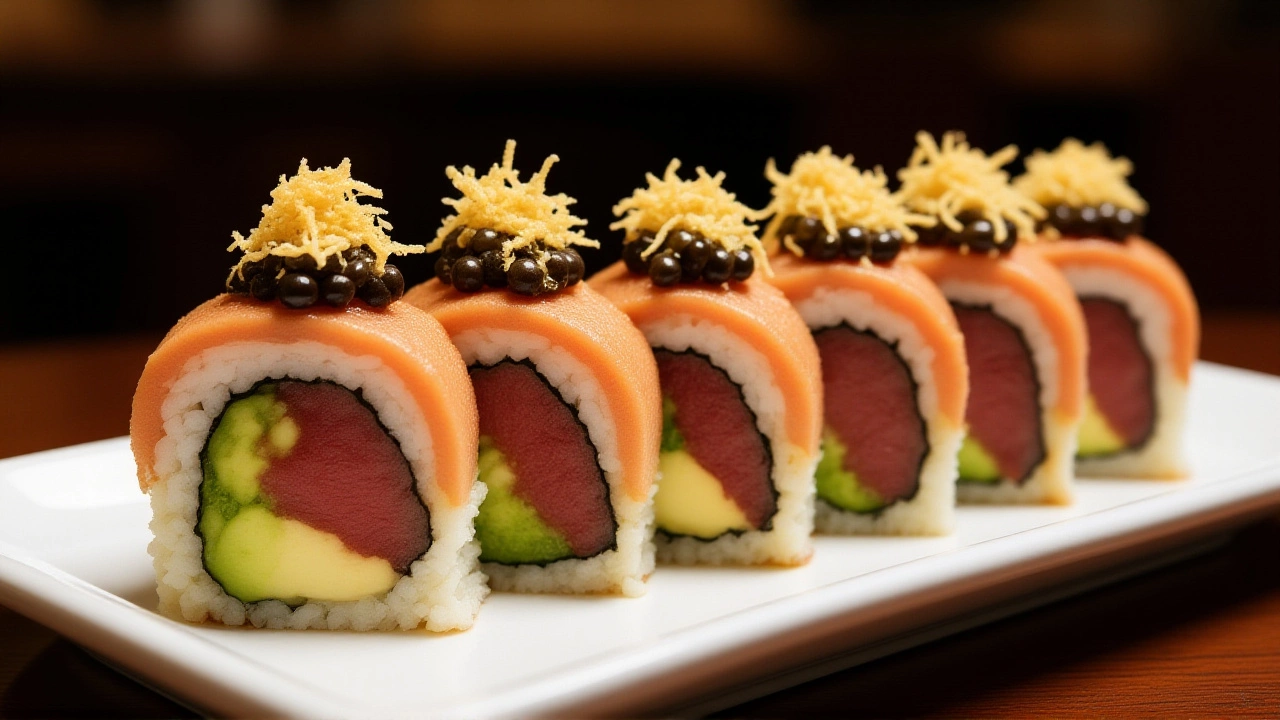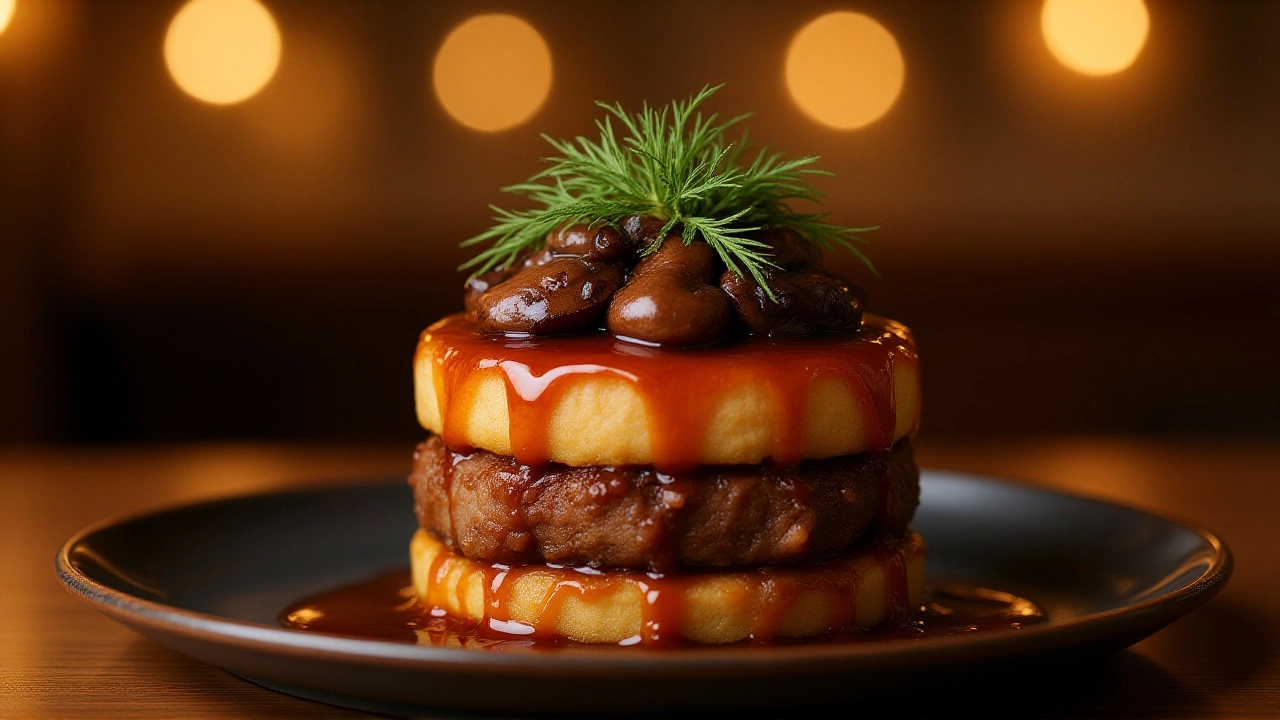On November 18, 2025, Michelin Guide dropped its first-ever 2025 Northeast Cities guideBoston, marking a historic moment for the city’s culinary scene. For the first time since the guide’s 1900 debut, Boston and its surrounding metro area earned recognition—delivering one coveted Michelin star and 25 Bib Gourmand awards to restaurants across the region. The announcement, made at a quiet evening event and confirmed by WBUR, sent ripples through the city’s dining community—and its tourism economy. Here’s the thing: this wasn’t just a culinary honor. It was a strategic investment, paid for by the city’s own tourism board, and it’s already reshaping how the world sees Boston.
How Boston Got Into the Guide
The inclusion didn’t happen because Boston’s chefs suddenly got better overnight. It happened because Meet Boston, the city’s official convention and visitors bureau, wrote a check. An undisclosed but reportedly "big bucks" sum, according to WBUR, sealed the deal after years of lobbying. Martha Sheridan, President and CEO of Meet Boston, didn’t hide the motive. "Travelers, particularly international visitors, really do want to seek out restaurants that Michelin recognizes," she told reporter Amy Sokolow. "So we felt like it could bring a different level of culinary visitor." Data backed her up. Globally, diners at Michelin-starred spots spend 32% more than average tourists. And 47% of those high-spenders are international. For a city still rebuilding its post-pandemic tourism footprint, that’s not just a win—it’s a lifeline.
The Restaurants That Made the List
One Boston restaurant earned the elusive Michelin star—the guide’s highest honor for "exceptional cuisine worth a special journey." The name hasn’t been officially released yet, fueling wild speculation among foodies. But the 25 Bib Gourmand recipients? Those names are out, and they tell a story of diversity, grit, and global influence.
Karen Akunowicz, the James Beard Award-winning chef behind Bar Volpe and Fox & The Knife—both in South Boston—landed two Bib Gourmands. That’s rare. It means her Italian cooking, rooted in family tradition but executed with precision, resonated across two distinct dining experiences. At Bar Volpe, you get rustic, wood-fired pasta. At Fox & The Knife, it’s elevated, meat-forward dishes with a modern edge. Both are under $40 a person. Both are packed.
Then there’s Mahaniyom in Brookline. The Thai small plates spot didn’t just get a Bib Gourmand—it was named Best Cocktails in the Northeast across the entire guide region. That’s not a footnote. That’s a headline. Their lemongrass gin fizz and tamarind old-fashioned are now on the radar of cocktail enthusiasts from Maine to Maryland.
In Cambridge, Jahunger made history as the first Uyghur restaurant in the U.S. to earn Michelin recognition. Opened in 2023, it serves hand-pulled noodles and lamb kebabs from China’s Xinjiang region—a cuisine few Americans have tasted. Nearby, Sumiao Hunan Kitchen and Pagu (the Japanese-Spanish hybrid) also earned nods. This isn’t just about fine dining anymore. It’s about authenticity, accessibility, and representation.
The Economic Ripple Effect
Meet Boston projects an 18–22% surge in international visitor spending during Q1 2026. That’s not a guess—it’s modeled after data from other Michelin-recognized cities like Philadelphia and San Francisco. And it’s not just about tourists eating out. Hotels are already reporting upticks in bookings tied to restaurant reservations. Local wine shops, artisanal bakeries, and even taxi services are seeing indirect boosts.
According to the Massachusetts Restaurant Association, the recognition could help retain over 120 culinary professionals through 2027. That’s chefs, sous chefs, pastry specialists—people who might have left for New York or Chicago. Now? They’re staying. "Boston is no longer just a college town with good clam chowder," said one veteran chef who asked to remain anonymous. "We’re a destination. And that changes everything."

What’s Next?
The 2026 inspections already began on November 1, 2025. Gwendal Poullennec, International Director of the Michelin Guides, confirmed the annual rollout will continue. Boston’s first star might be just the beginning. Could a second star come next year? Maybe. Could a Boston chef win a Michelin Green Star for sustainability? Absolutely. The guide’s inspectors are already back—anonymous, unannounced, tasting everything.
Meanwhile, the printed 2025 Northeast Cities guide—$24.99, available since November 20—is already flying off shelves at local bookstores. Tourists are printing maps. Food bloggers are posting "Bib Gourmand crawls." And for the first time, Boston isn’t just a stopover on the way to Cape Cod or the White Mountains. It’s the destination.
Frequently Asked Questions
How does this affect local diners and small restaurants?
For diners, it means more attention—and more competition. Restaurants not on the list are seeing increased pressure to raise standards, while those that made it are struggling to keep up with demand. The Bib Gourmand designation, which requires meals under $40, keeps affordability central, helping working-class neighborhoods like South Boston and Jamaica Plain benefit alongside upscale areas. But some small operators fear being overshadowed by the spotlight.
Why did Michelin choose Boston now?
Boston’s culinary scene has matured dramatically since 2010, with 14 James Beard winners and 83% of its current fine-dining infrastructure built in the last 15 years. But the real trigger was Meet Boston’s financial commitment. Michelin doesn’t include cities for free—it’s a partnership. Boston’s investment, combined with its global reputation as an education and innovation hub, made it a logical next step after Washington D.C. in 2016.
What’s the difference between a Michelin star and a Bib Gourmand?
A Michelin star is awarded for extraordinary cuisine—think tasting menus, rare ingredients, and flawless execution. It’s about ambition. A Bib Gourmand honors excellent food at moderate prices (under $40 per person, including drink, tax, and tip). It’s about accessibility and consistency. Both require three anonymous visits. But only one star exists per region. Twenty-five Bib Gourmands? That’s a celebration of the city’s breadth.
Who is Karen Akunowicz, and why is she significant?
Karen Akunowicz is a James Beard Award-winning chef who helped define Boston’s modern Italian cuisine. Her two Bib Gourmand wins for Bar Volpe and Fox & The Knife make her the only chef in the city to earn two awards in the inaugural guide. That’s a testament to her ability to run two distinct, high-quality concepts under one brand. She’s also a vocal advocate for female chefs in a male-dominated industry.
Will this lead to more Michelin stars in the future?
Absolutely. The 2026 inspections are already underway. Boston has at least a dozen restaurants with the technical skill and consistency to compete for a second star—think L’Espalier, Menton, or even a newcomer like The Salty Pig. The real question isn’t if, but when. With global attention now fixed on the city, pressure—and opportunity—is mounting.
How does this compare to other U.S. cities?
New York still leads with over 80 stars. But Boston’s debut is notable for its density: 26 recognitions in one metro area, including a star and a cocktail award, is unmatched among newer entrants. San Francisco got 11 Bib Gourmands in its first year. Boston nearly doubled that. It signals a shift: culinary excellence isn’t just coastal. It’s thriving in historic, walkable neighborhoods with immigrant roots—and now, the world is noticing.
